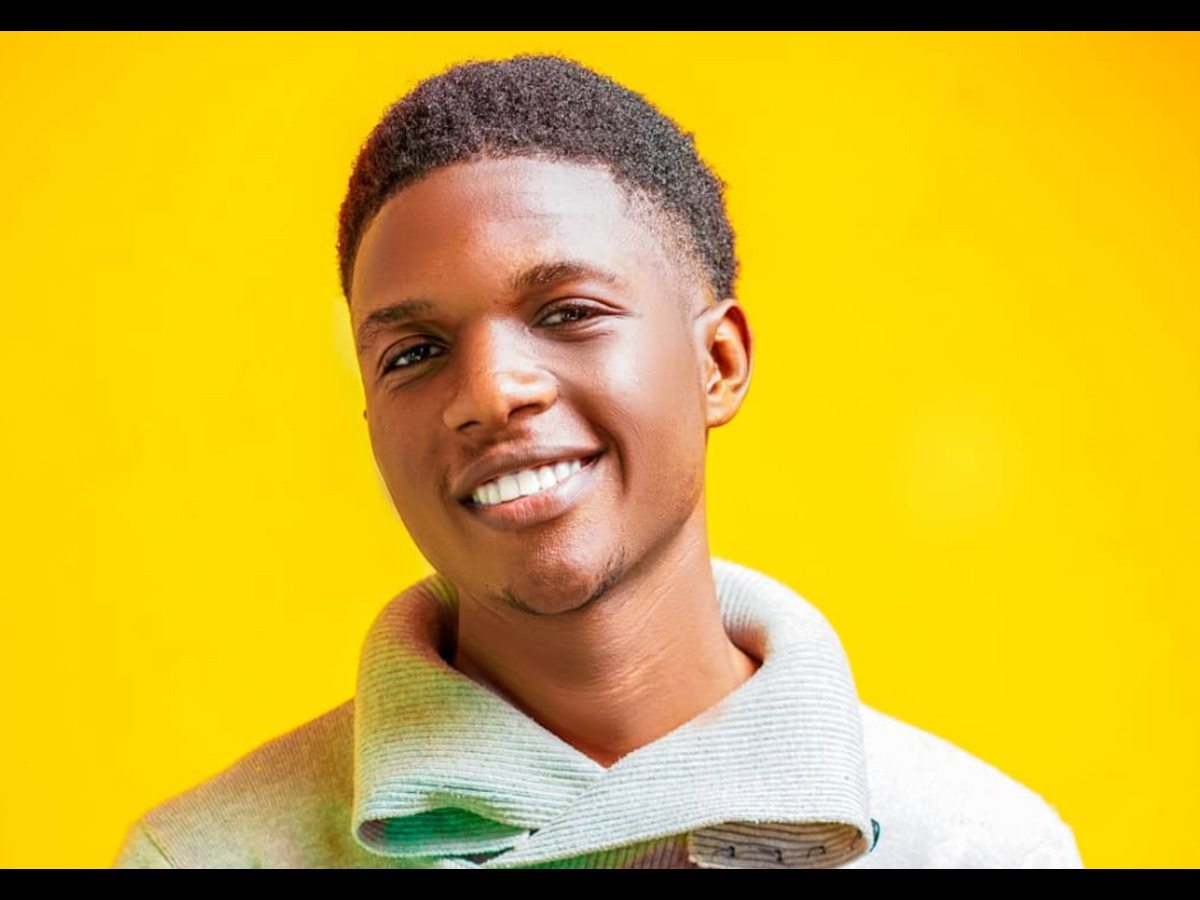Rashidi Alema Anzor, a 24-year-old actor, singer, and producer, is a native of Kisangani in the Democratic Republic of the Congo. His passion for cinema led him to a career in theater and film within the DRC, working in both Goma and Lubumbashi.
His notable film credits include the roles of Baby Boy in Baby Boy of the House, Anzor in Ima, and Clover Tomas in Tozoom, as well as an appearance in The White Blood.
While Anzor aspires to an international career, he currently faces a difficult situation. A business trip to Tanzania, intended to be brief, has left him stranded, restricting not only his physical movement but also his professional prospects.
He spoke to FACE2FACE AFRICA about the challenges he now faces. The same process that brought him to Tanzania is now preventing him, and many others, from leaving the country.
What drew you to Tanzania? What initial challenges did you face when arriving in Tanzania?
I came to Tanzania for professional reasons: musical performances and film-related opportunities. My first challenge was administrative. I was traveling with a laissez-passer instead of a valid passport. While this document allowed me to enter the country, it now prevents me from leaving legally.
How has the transition from old to new passport systems impacted Congolese citizens abroad?
This reform created a real administrative void. Old passports were suspended, the new ones are not yet accessible everywhere, and no transitional measure was put in place. As a result, students, workers, and entire families find themselves blocked, just like me.
What steps have you taken to resolve your passport situation with the Congolese Embassy?
I have made several attempts: official letters, repeated requests for appointments, and direct contacts. Unfortunately, I have not received any clear response so far.
What emotional and psychological effects have the prolonged administrative issues had on you?
There is a sense of frustration, sometimes even humiliation. Being stuck in a country without a solution feels like losing freedom. For an artist, this immobility is particularly painful.
How has the lack of a biometric passport affected your ability to pursue your artistic projects?
Practically, I have had to cancel or postpone several engagements, especially in Zambia. For an artist, every missed event can affect not only the career but also the image of our country abroad.
In what ways does your experience reflect the broader struggles of other Congolese nationals in Tanzania?
What I am experiencing is not an isolated case. Many Congolese nationals in Tanzania are facing the same frustration: they cannot renew their documents, their requests remain unanswered, and their plans are on hold. My story simply puts a face to a collective reality.
What alternatives are available to Congolese citizens facing passport issues while abroad?
Very few. The laissez-passer is supposed to be a temporary solution, but it does not allow legal travel outside the host country. It is an incomplete tool that shows the limits of the current system.
How do you view the role of the Congolese consulate in addressing the needs of its nationals?
A consulate should be a bridge between citizens and the state. Right now, I feel a lack of support and listening. This weakens the trust between the diaspora and our institutions.
In what ways do you believe the Congolese government can improve its administrative follow-up for citizens living abroad?
First, by quickly installing the promised biometric data capture centers. Second, by creating a clear transitional mechanism so that no one is left stranded. And finally, by developing direct communication channels with the diaspora.
What message are you trying to convey to the Congolese government through your story?
My message is simple: our institutions must better support their citizens abroad. We are their natural ambassadors in the world. If we cannot move, we cannot represent our country.
How do you believe this situation might influence the future of consular services for Congolese citizens abroad?
I hope it will serve as a wake-up call. Reforms should be designed with the people they affect in mind. Perhaps this situation will push for more inclusive and efficient procedures.
What role does cultural exchange play in your work, and how is that affected by your inability to travel?
Cultural exchange is at the heart of my work. Every trip is a chance to meet, to open doors, and to share another image of Congo. Being blocked feels like losing half of my mission as an artist.
How do you think the experiences of Congolese artists abroad could shape the perception of Congolese culture internationally?
We have a role as ambassadors. Our successes and stories help shape the perception of Congolese culture. But we need the means to travel, collaborate, and create.
How do you believe this administrative challenge might influence the future engagement of Congolese artists with international audiences?
If these obstacles persist, there will be discouragement. Some artists may withdraw or even look for other nationalities to keep working. That would be a huge loss for our country.
What support networks, if any, have you found among fellow artists facing similar challenges?
There is solidarity among artists. We share experiences, and we support each other morally. But without concrete administrative solutions, that support remains limited.
What specific artistic projects or collaborations have been hindered due to your passport issues?
Several concerts and collaborations in Zambia and other African countries have been canceled or delayed. Every missed opportunity means not only a professional loss but also a loss of visibility for my generation of artists.
What message do you hope to send to young Congolese artists about navigating challenges in their careers?
I want to tell them: the road is difficult, but our voices matter. We must not stay silent. Even when the system blocks us, we should turn our struggles into testimonies that can drive change.
How has your experience in Tanzania changed your perspective on the importance of citizenship and identity?
It has shown me that identity goes beyond a document. Being Congolese is about carrying a culture, a history, and a pride. But our administration must be worthy of that identity.
How do you think the Congolese diaspora can work together to advocate for better consular services and support for their community?
The diaspora must organize into collectives, speak with a united voice, and engage directly with our institutions. The more united we are, the stronger our impact will be in demanding concrete reforms.








